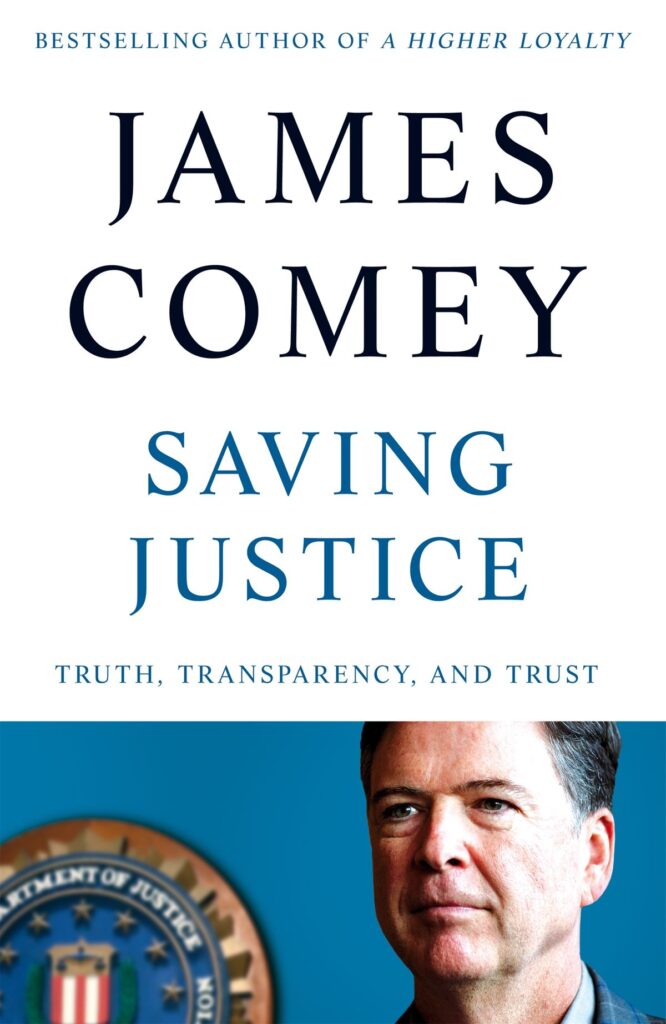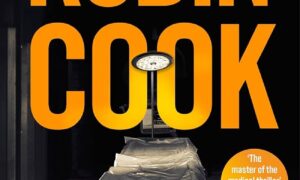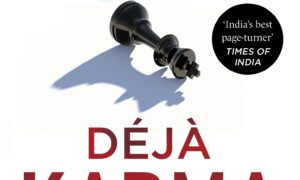
PART ONE : LEARNING JUSTICE
Chapter 6 : THE NICE PART OF AMERICA
SOMEBODY HAD TO SIT ON THE BED, which was awkward. Marriott’s Courtyards and Hilton’s Gardens just hadn’t imagined two prosecutors, one FBI agent, and a hidden mobster in the same room, for an entire day. The United States Marshals Service, which ran the Witness Security Program (also often called the Witness Protection Program), wasn’t going to spring for a conference room; that would cost too much and draw too much attention. At neutral-site visits, somebody had to sit on the bed, maybe all day. Prosecutors and agents were not permitted to know where in America the government had hidden our witnesses. WitSec, or “the program,” was tightly compartmented, which was why no protected witness who followed the rules had ever been killed. If the witness followed the rules—if we all followed the rules—they would stay safe.
That, a mobster once explained to me, was the government’s real power over organized crime—the ability to deliver safety to those who betray La Cosa Nostra. Gambino family underboss Salvatore “Sammy the Bull” Gravano told me that he and family boss John Gotti would fantasize about killing someone in the program. It didn’t matter who, he explained. They just needed to get to somebody, anybody, and the government would lose power. If a potential witness, or his family, nursed any doubt about the program, the Mob won.
America’s size and mobility helped. The Italians didn’t have that advantage. A Sicilian mobster who decided to become a government witness—a pentiti—had few places to hide. No place on the island of Sicily would be safe. And a Sicilian would stick out like a sore thumb in Tuscany or the remote villages of the Dolomites. But in America, strange names or odd accents were everywhere. As a Manhattan prosecutor, I joked that there were two Americas: the part that generated Mafia witnesses in need of relocation, and the nice part, where we hid them.
We never knew where they were hidden. Sure, we picked up clues, like when a Brooklyn mobster mentioned his newfound affection for the Kansas City Chiefs football team, but once we applied to the Department of Justice for them to disappear, the Marshals Service took it from there. To see our disappeared witness again, we asked the Marshals to arrange a “neutral site,” offering a range of possible dates, but no places. The Marshals chose the places. We would be told to stay at a particular hotel in a particular city on a particular day. It wasn’t where the witness lived. It was a neutral site. From wherever he lived, the Marshals would bring the witness, but not to our hotel.
The witness would stay somewhere else. And we wouldn’t meet at our hotel, or wherever the witness was staying. Instead, on the day of the meeting, we would be given a room number at a third hotel, where our witness and his Marshals handler awaited us, probably already in the room’s only chairs.
There must have been some logic to the neutral site selection process, but I never figured it out. Sometimes they sent me to lovely, warm places, sometimes not. I met Vincent DiMarco in late December in Sioux Falls, South Dakota. The lunchtime temperature peaked at two degrees Fahrenheit and steadily dropped from there. It was clear from our clothing and our poor attitudes that neither of us lived in the northern plains. I felt badly for him. Life had been hard, even for a mobbed-up drug dealer.
Vinnie had been a caterer, running a popular suburban New York spot for wedding receptions, when his son Bennie failed at being a drug dealer, and in a dangerous way. Bennie took money up front—a lot of money—from some Brooklyn mobsters and failed to deliver the drugs. He failed because he was an addict and got ripped off by some South Florida drug dealers, but he still failed, in a way that could cost his life. To save him, Vinnie became a drug dealer, promising the Brooklyn mobsters he would take over for his son and make them whole. Vinnie became a criminal, but he had to; his two sons were his life. He couldn’t bear to lose another one.
Five years earlier, three sons were his life. The oldest, Vincent Junior, was his pride and joy. Five years before Vinnie became a drug dealer, Vincent Junior and Bennie had a terrible fight at the DiMarco home. During their altercation, Bennie produced a gun. Vincent Junior grabbed for it. They struggled, four hands on the gun, rolling on the floor. The gun went off. Bennie stopped moving. Blood seeped from under his still body. In the silence of the DiMarco home, Vincent Junior realized he had killed his brother. He pulled the gun from under Bennie, pressed it to his own head, and pulled the trigger. His lifeless body fell next to Bennie’s.
But Bennie was alive. A New York City ambulance took him to the hospital, where he recovered from the gunshot wound. Vincent Senior did not recover. Several months later, he checked himself into a hotel room and tried to commit suicide with pills. He failed, and was hospitalized. He tried again, and failed. He was committed to apsychiatric facility. After a long road of treatment, Vinnie returned to catering. Until Bennie failed at being a drug dealer.
Vinnie was also a poor drug dealer. His first heroin customer, as he tried to earn back what his son owed some very bad people, turned out to be an undercover DEA agent. The DEA arrested Vinnie, and threatened to arrest Bennie if Vinnie didn’t become an informant. He agreed. Although Vinnie had been a failure as a dealer, it turned out
he was pretty good at pretending to be a successful dealer, using the DEA’s money to restore his relationships with the Mob. So Vinnie spent two years being an informant, meeting with Mafia drug dealers and turning the drugs he bought over to the DEA. Then the feds arrested brothers John and Joe Gambino and members of their drug dealing crew and Vinnie disappeared into America. But he disappeared alone, because his family disowned him after learning he wasn’t a real drug dealer. His wife said she didn’t want to be married to a rat. Vinnie went alone.
(Excerpt published with permission from Pan Macmillan India)
[the_ad id=’22722′]


















